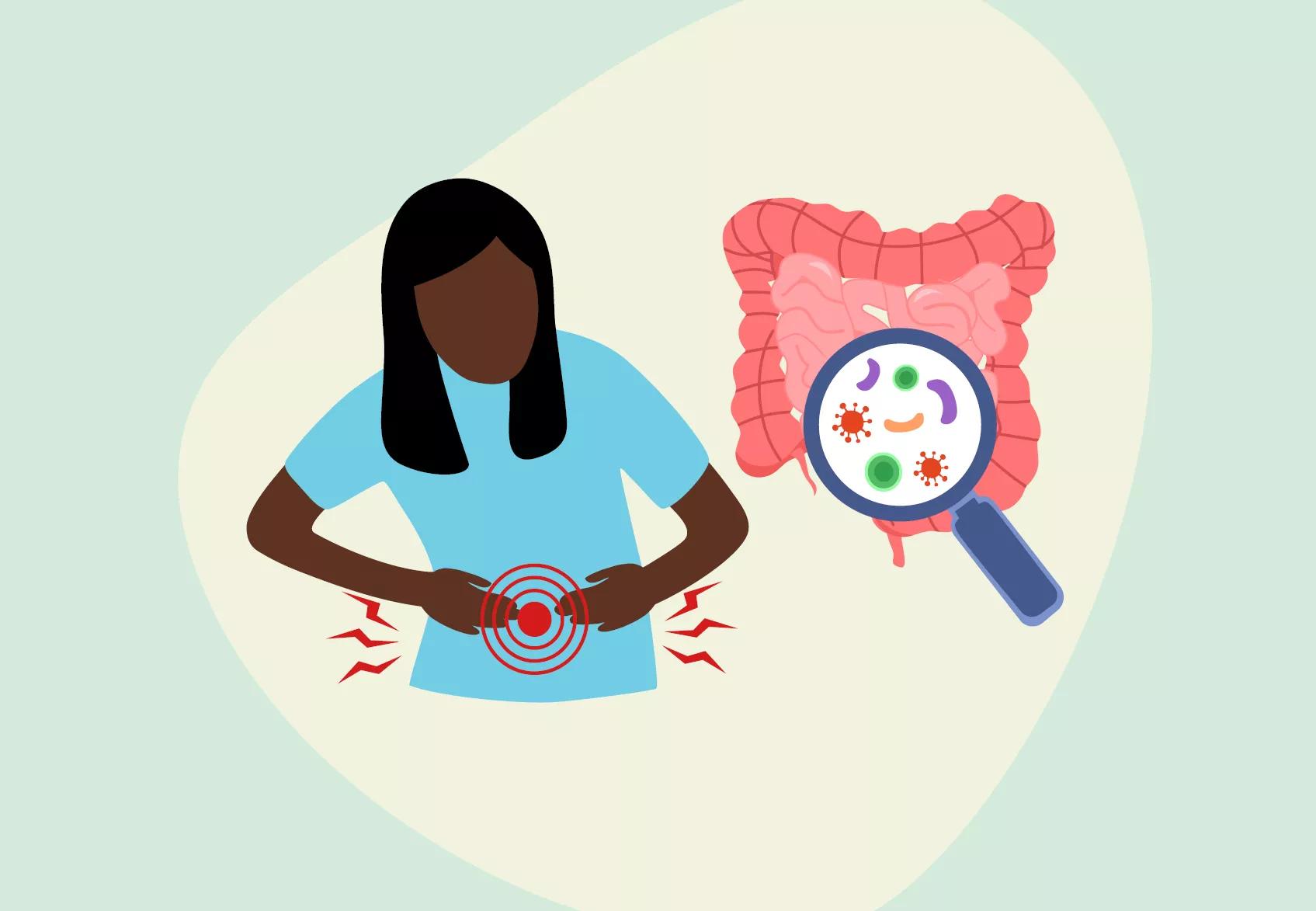Pulse of Information
Stay updated with the latest news and insights.
When Dinner Turns Dangerous: Tales of Food Poisoning
Discover chilling true stories of food poisoning that will make you think twice about your next meal. Safety first—read these tales now!
Maximizing Food Safety: Essential Tips to Avoid Food Poisoning
Maximizing Food Safety is crucial in preventing food poisoning, which can lead to serious health issues. Start by ensuring you always wash your hands with soap and water for at least 20 seconds before handling food. Additionally, keep kitchen surfaces and utensils clean by regularly sanitizing them. When storing food, it’s essential to keep perishable items in the refrigerator at or below 40°F (4°C) to inhibit bacterial growth. Always check expiration dates and practice the first in, first out (FIFO) method when organizing your pantry.
When cooking, use a food thermometer to ensure that foods reach the safe internal temperatures; for instance, poultry should be cooked to 165°F (74°C), while ground meats should reach 160°F (71°C). It's also important to avoid cross-contamination by using separate cutting boards for raw meats and vegetables. Remember to refrigerate leftovers within two hours and consume them within a few days. By implementing these essential tips, you can significantly reduce the risk of food poisoning and ensure a safe dining experience for yourself and your loved ones.

The Hidden Dangers: Common Foods That Cause Food Poisoning
When it comes to food safety, many people overlook the risks associated with common foods. Some of the most surprising culprits of food poisoning include raw eggs, undercooked poultry, and leafy greens. For instance, raw eggs can harbor bacteria like Salmonella, which can lead to serious gastrointestinal illness. In addition, undercooked poultry is a notorious source of Campylobacter and Salmonella infections, causing symptoms such as diarrhea, fever, and abdominal cramps. Furthermore, even seemingly innocent leafy greens can be a vehicle for pathogens, especially if they are contaminated with fecal matter during harvesting or processing.
Another group of foods that often flies under the radar in discussions about food poisoning includes seafood, dairy products, and raw fruits and vegetables. Consuming raw or undercooked seafood can expose you to harmful microorganisms like Vibrio and Norovirus, while dairy products, especially unpasteurized varieties, can carry Listeria. Additionally, while fresh produce is generally healthy, it can carry dangerous bacteria if not properly washed. Always remember to practice safe food handling techniques, such as washing your produce and cooking meats to the appropriate temperatures, to minimize your risk of foodborne illnesses.
What Should You Do If You Suspect Food Poisoning?
If you suspect food poisoning, the first step is to remain calm and assess your symptoms. Common signs include nausea, vomiting, diarrhea, and abdominal cramps. If these symptoms are mild, you may choose to treat them at home by staying hydrated and resting. It’s essential to drink plenty of fluids, such as water or clear broths, to replace lost electrolytes. Monitor your symptoms closely and avoid solid foods until you feel better.
If your symptoms worsen or persist for more than 24 hours, or if you experience more severe symptoms like high fever, blood in your stool, or severe dehydration, it’s crucial to seek medical attention promptly. Inform your healthcare provider about your symptoms and any suspected food sources. They may run tests to determine the cause and recommend appropriate treatment. Remember, food poisoning can sometimes lead to complications, so it’s better to err on the side of caution.